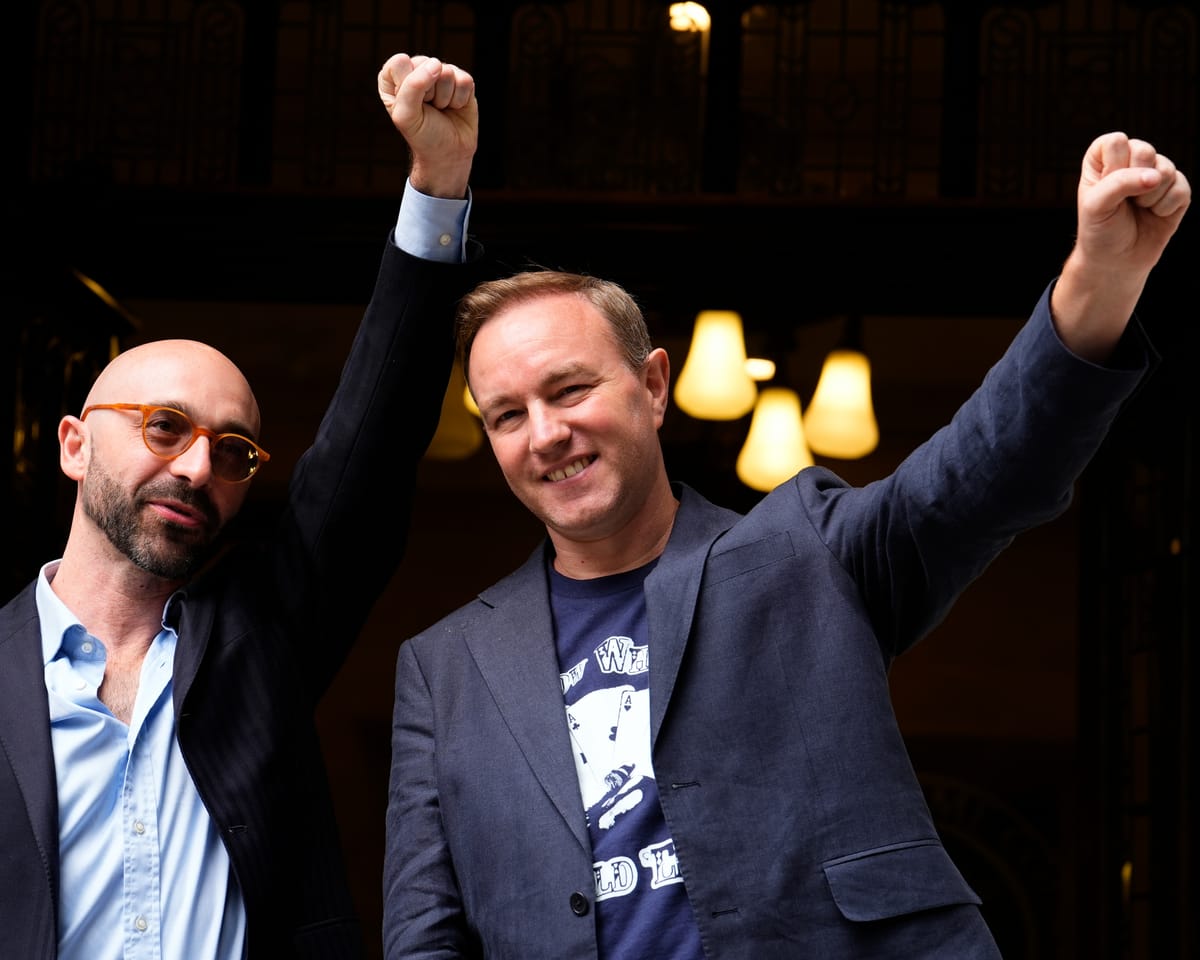Tom Hayes, the first banker imprisoned in connection with the Libor scandal in 2015, has had his conviction overturned by the UK’s highest court, clearing his name.
A panel of five justices, led by Lord Reed, ruled on Wednesday that the instructions given to the jury in Hayes’s original trial a decade ago were “inaccurate and unfair.” As a result, the court found that the former UBS and Citigroup trader did not receive a fair hearing.
“The convictions are therefore unsafe and cannot stand,” the court stated.
The decision follows a legal battle lasting several years and could lead to other related convictions being dismissed. The ruling is a setback for the Serious Fraud Office, which initially prosecuted Hayes and later confirmed it would not pursue a retrial.
Outside the court, Hayes expressed relief. “I had 10 years to try and figure out what I would say at this moment,” he remarked. “It feels surreal, almost like my conviction wasn’t real.”
He thanked the justices who reviewed his appeal, his supporters, and his legal team for their dedication. When asked about possible financial compensation, Hayes indicated that he would discuss options with his lawyers but emphasized that the case was never about money.
The court also overturned the conviction of Carlo Palombo, another banker sentenced in 2019 for Euribor manipulation, citing similar issues in the judicial process.
Hayes was imprisoned for five and a half years after being accused of leading efforts to manipulate the London Interbank Offered Rate (Libor) between 2006 and 2010. The scandal, uncovered in 2012, resulted in billions in fines for financial institutions. Hayes maintained his innocence, arguing that the practices were widespread and that he had been unfairly singled out.
Charged by both British and U.S. authorities in 2015, he was convicted in the UK that same year and released in early 2021. Last year, he challenged his conviction in court. A 2022 U.S. court ruling overturning the guilty verdicts of two Deutsche Bank traders in a related case influenced the recent decision to review his trial.
Read next

Ryanair plane had only six minutes of fuel upon Manchester landing, records show
Flight Narrowly Avoids Disaster After Storm Diversion
An inquiry has been launched after a Ryanair flight, struggling against severe winds during storm Amy last week, landed at Manchester Airport with only six minutes’ worth of fuel remaining.
The aircraft had been transporting passengers from Pisa, Italy, to Prestwick, Scotland, on

"Qantas customer data for 5 million exposed as hackers release info post-ransom deadline"
Hackers Leak Personal Data of 5 Million Qantas Customers on Dark Web
A cybercriminal group has released personal records of 5 million Qantas customers on the dark web after the airline did not meet their ransom demand.
The breach is part of a larger global incident affecting over 40 companies,

Investors flee record-high UK stocks as EU set to hike steel tariffs
Investors Withdraw Record Sums from Equity Funds Amid High Market Valuations
Data reveals that investors in the UK have withdrawn an unprecedented amount of money from equity funds over the past three months, driven by concerns over soaring stock market valuations.
According to the latest figures from Calastone, the largest

